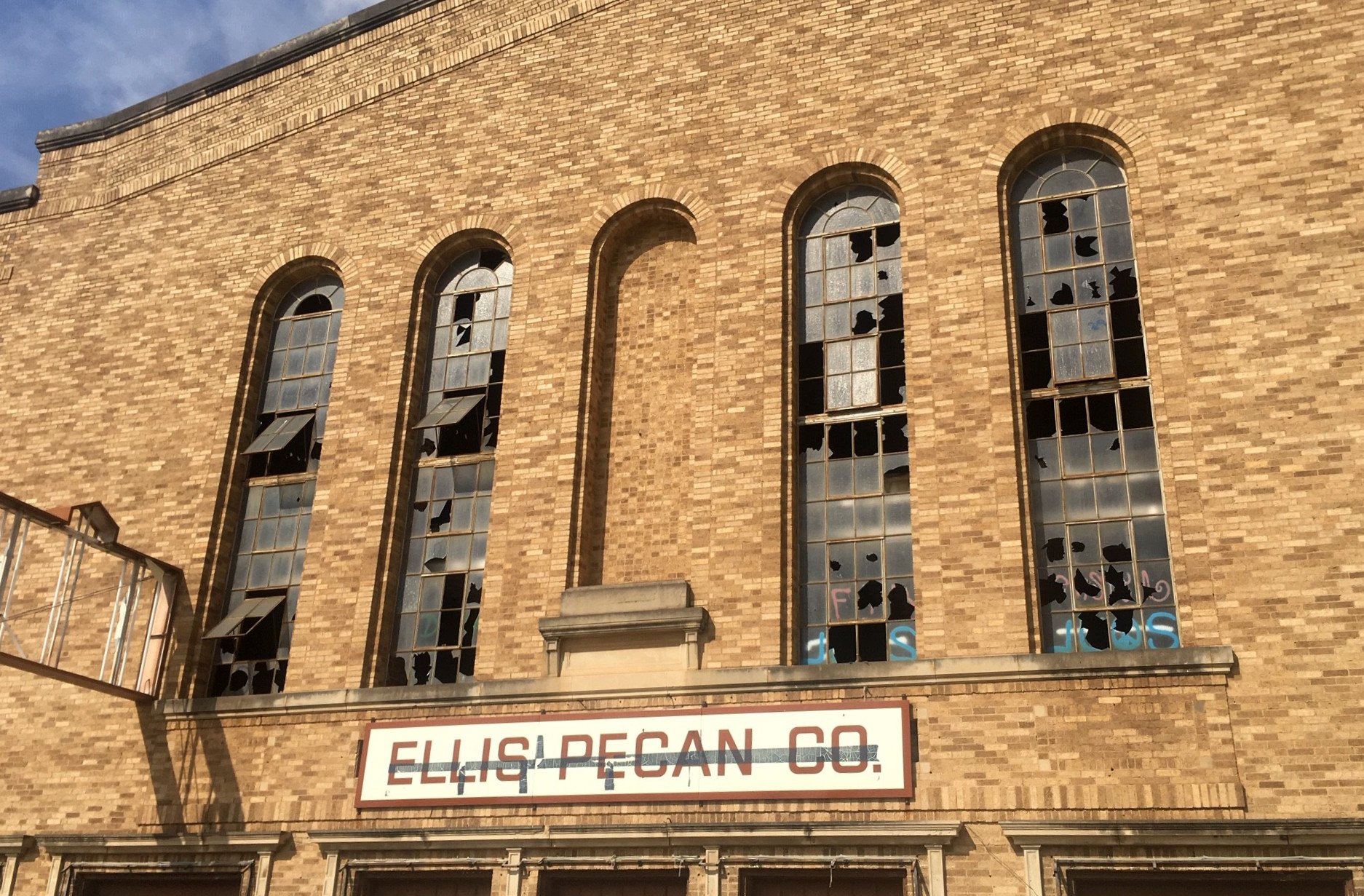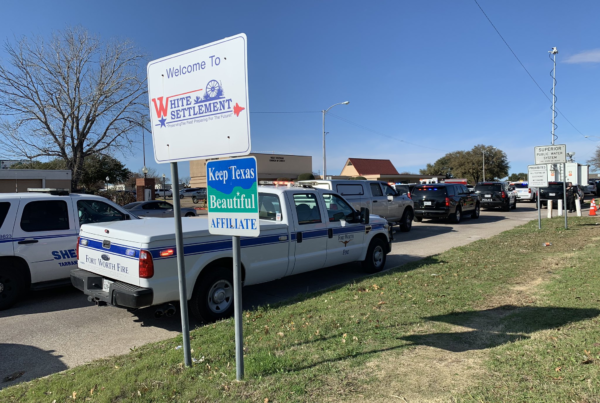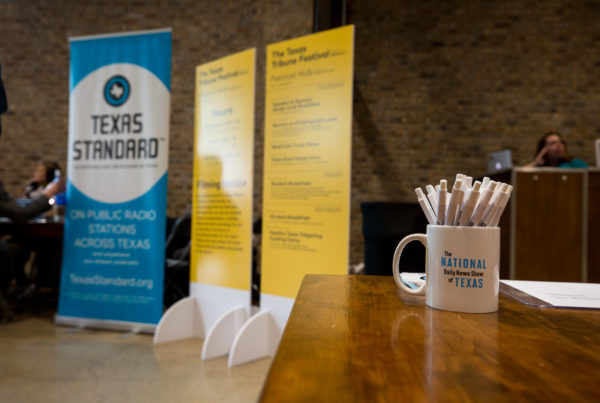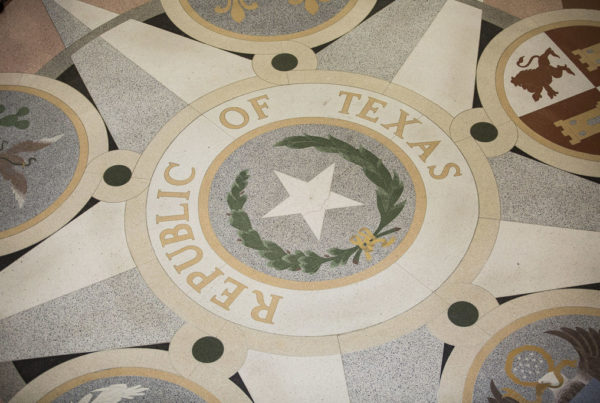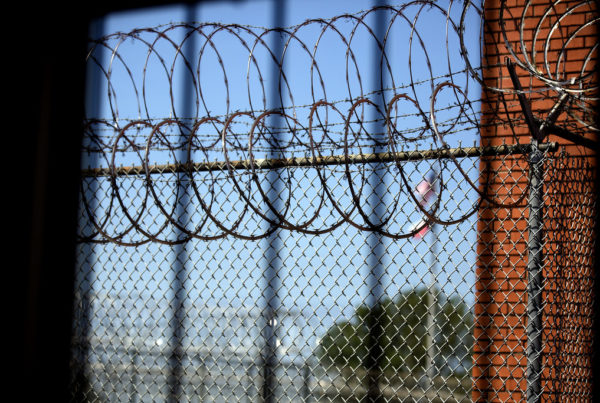From KERA:
What may be the last meeting hall built by the Ku Klux Klan in the 1920s still stands in Fort Worth. It’s decrepit, and the current owner wants to demolish it. An arts group hopes to use the hall to up-end its racist origins. But the clock is ticking on that demolition.
The old four-story building is a hulk. It stands just across the Trinity River from downtown Fort Worth. It’s been the North Side’s biggest structure – ever since the Ku Klux Klan built it in 1924. For generations, the North Side has been home to immigrants, African-Americans and Latinos, so the hall’s imposing presence seems designed to intimidate, to stand watch.
“Most of the old Klan halls,” says Fort Worth historian Richard Selcer, “were little storefronts or they borrowed some meeting place. And this building was built for all of God and humanity to see. And they were very proud of it.”
Selcer stands outside the old hall, which he’s researched. He notes the impressive façade with its tall arched windows like a church. And behind that – it’s just a big, crumbling, red-brick warehouse. This is the kind of industrial construction they did nearly a hundred years ago – but adapted into an auditorium. Selcer estimates it could hold two thousand people.
These days, the hall is splattered with graffiti and broken glass, and the grounds are littered with plastic water bottles left by the homeless people who’ve camped inside. But this squat, grandiose barn was once the public face of Fort Worth Klavern 101 (the numbering started with each state, so Klavern 1 would be the first chapter to form in a state. The high Fort Worth number indicates the extent to which the Klan was established in Texas). The hall was used for business meetings and parades. There were lynchings in Fort Worth — two of them traditionally associated with the Klan — but Selcer says he’s found no evidence that lynchings or even torch-lit rallies were ever held in the hall itself. Instead, it was used for social events, it was rented out. The St. Louis Symphony Orchestra played here.
The audio for this story was updated on December 30, 2019.


